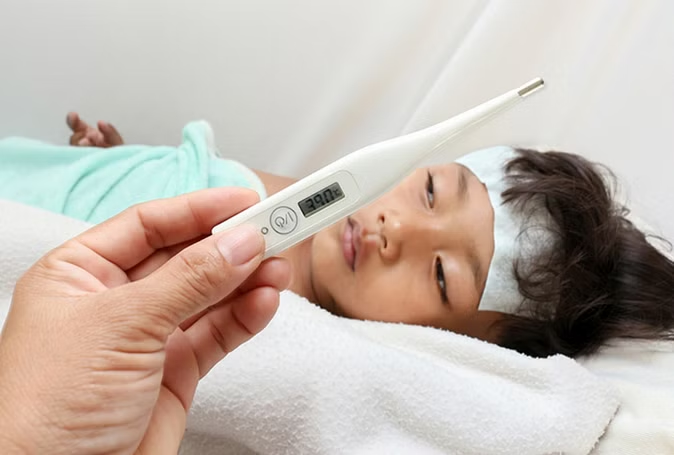These days, experts have alerted about a disease increasing in children in many states of North India along with health problems occurring during the cold season including colds and coughs. According to media reports, cases of mumps (also known as mumps) are increasing rapidly these days in hospitals in Himachal Pradesh, Uttar Pradesh, and many other states. This is a type of infectious disease that affects children the most.

According to reports, health experts in Hamirpur, Himachal Pradesh have alerted everyone about the rapid spread of mumps among small children. The Chief Medical Officer said, more than 35 cases have been confirmed in the district headquarters. Children of 5-10 years of age are being most affected by this.
Physicians have also been advised to exercise caution while treating patients, ensuring proper care in medication and medical advice. Is your child also a victim of this problem?
Infectious disease mumps
Talking to Amar Ujala about this increasing infectious disease, Dr. R.N., the physician in Lakhlau. Singh says cases of this disease have been reported in many cities of Uttar Pradesh recently.
Mumps is an infectious disease that belongs to a group of viruses called paramyxoviruses. This disease starts with mild symptoms like headache, fever, and fatigue, but if not taken care of in time, it leads to severe inflammation of the salivary glands (parotitis). Its most common symptom is swollen cheeks.
Pay attention to these symptoms in children
Symptoms begin to appear in children with mumps about 2 to 3 weeks after exposure to the virus. Initially, it seems like a flu-like problem in which fever, headache, muscle pain, and loss of desire to eat may occur. Within a few days, it causes swelling of the salivary glands. Infected people may also have swelling on the face along with pain and difficulty in eating. As soon as such symptoms appear, a doctor should be contacted immediately.
How does this infection spread?
Health experts say small droplets containing the virus spread in the air when the infected coughs or sneezes. By coming in contact with them, this infectious disease can spread to others also. This infection can also be spread to others through direct contact with the infected, such as sharing water bottles or sleeping on their bed.

The risk of complications from mumps disease is higher in people who have not been vaccinated. If this infection is left untreated, it can cause damage to the pancreas. In some people, it can also cause hair loss in the long term.
Treatment and prevention of this infection
People who have been vaccinated against mumps have less risk of infection or the disease taking a serious form. Make sure to get children vaccinated. This is a part of childhood vaccination. The risk of this infection can be reduced with the measles-mumps-rubella (MMR) vaccine.
There is no specific treatment for this infection. In treatment, medicines are given to cure the symptoms. The patient is advised to give plenty of fluids, gargle with lukewarm salt water, and give soft, easily chewable food.
(PC: Pixabay)










